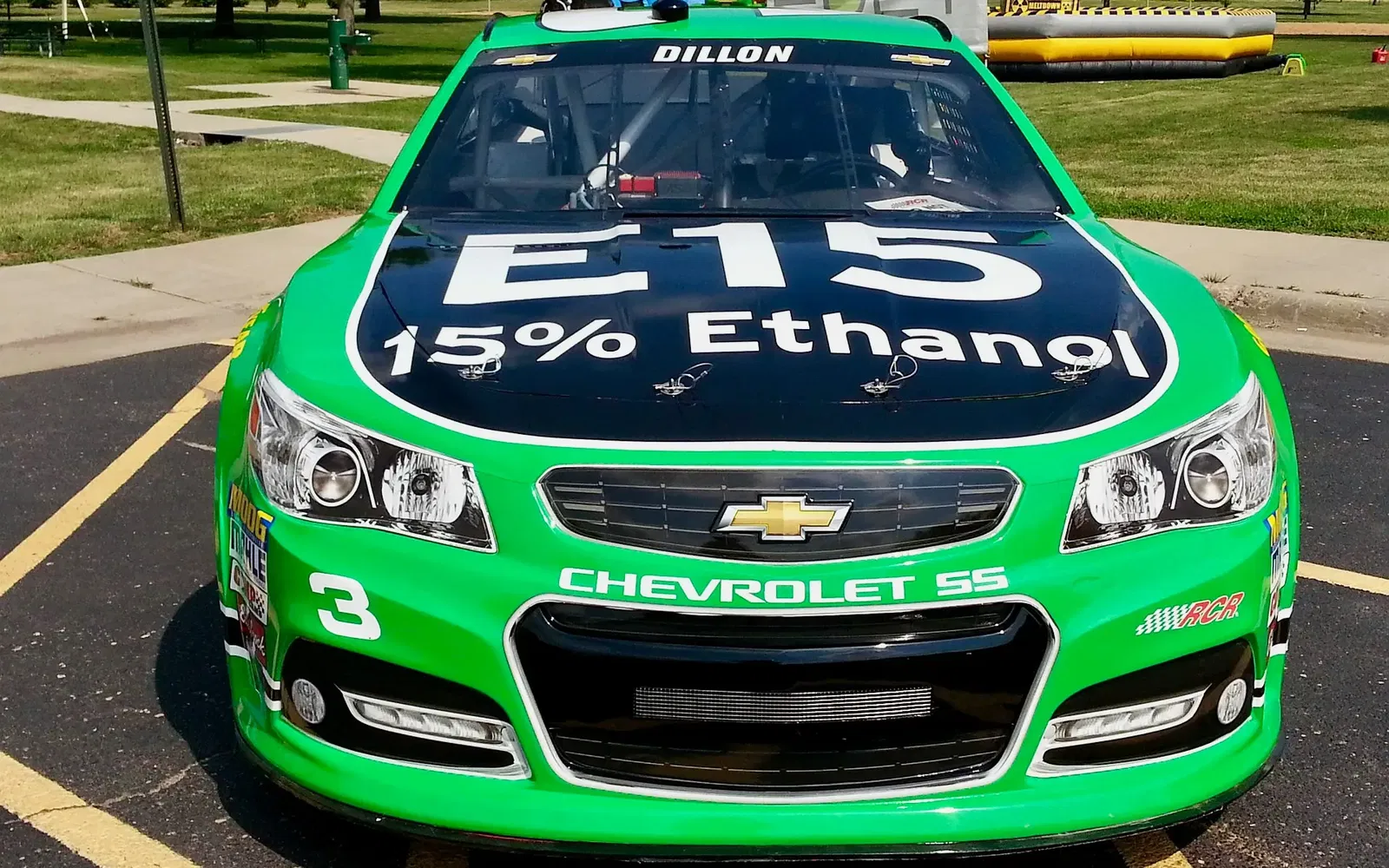



Petrol and diesel vehicles manufactured or sold in Japan will soon be able to accept biofuel blends.
The Japanese Government has announced plans to introduce biofuel mixtures in some regions of the country by 2028, and increase the percentage from 10 to 20 per cent by 2040, local newspaper The Mainichi reports.
As part of the program, the Japanese Ministry of Trade, Economy, and Industry has asked carmakers to ensure their vehicles are compatible with a mix of petrol and 20 per cent biofuel by early next decade.

Petrol-based biofuels typically refer to ethanol made from renewable sources such as corn or sugarcane, however in recent years, scientists have created synthetic fuels using carbon captured from the atmosphere – with one production facility planned for Tasmania, with financial backing from Porsche.
While E10 is widely available across Australia – using a 10 per cent mix of ethanol created from sugarcane in Queensland – Brazil is considered a global leader in biofuels, with ethanol making 25 per cent of the country’s transportation fuels.
{{AD}}
The widespread adoption of biofuels has faced significant headwinds in Australia, despite several pushes from different corners of the industry over the past two decades.
In 2009, Saab became the first carmaker in Australia to offer E85-compatible models, which it marketed under the ‘Biopower’ moniker – before the brand’s collapse in late 2011.

Both United and Caltex (now Ampol) fuel stations begun offering E85 – an 85 per cent mix of ethanol – across the country around the same time, supported by Holden offering a Commodore capable of accepting the biofuel mix.
However, due to a low take-up rate from buyers, Holden quietly dropped its ‘Flex-fuel’ capability from the Commodore range by 2015 – and with it, E85 bowsers also began to disappear.
The adoption of biofuel compatibility in Japanese cars could potentially help kick-start another roll-out of increased ethanol mixes at fuel stations in Australia, with the majority of cars sold in Australia sourced from Japan.
FAQ
Sign up to our newsletter
Be the first to know when we drop new car reviews.
.avif)





